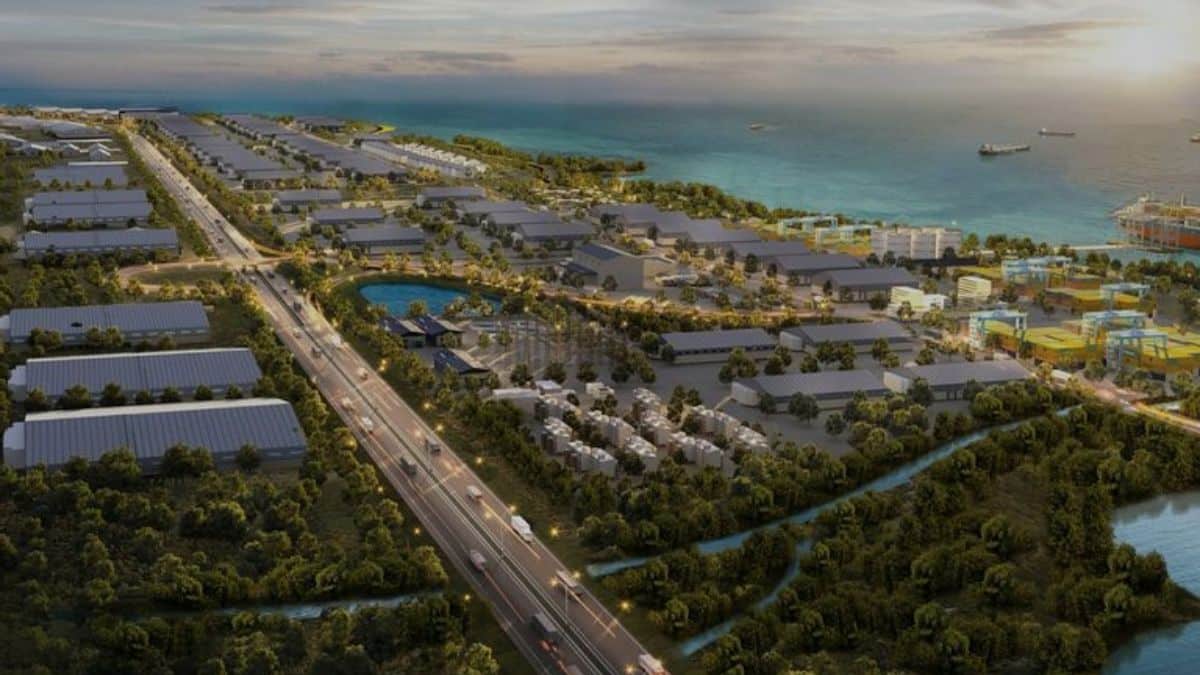The Indonesian government has officially inaugurated the Batang Special Economic Zone (SEZ) in Central Java, a landmark move aimed at positioning Indonesia as a competitive hub for international manufacturing and investment. This newly established zone is a central element of the country’s ambitious strategy to boost industrial output and attract significant foreign direct investment (FDI).
Spanning more than 4,000 hectares, the Batang SEZ offers a comprehensive suite of incentives designed to appeal to global investors. These incentives include substantial tax reductions, expedited regulatory procedures, and extensive infrastructure support. The zone is strategically targeted at key sectors such as manufacturing, electronics, and textiles, capitalizing on its advantageous location and supportive trade policies to draw multinational corporations seeking expansion opportunities in Southeast Asia.
Economic and Social Implications
The establishment of the Batang SEZ is anticipated to have profound economic and social effects. Economically, the zone is expected to significantly enhance Indonesia’s manufacturing capabilities, driving up industrial output and fostering technological advancements. The influx of foreign investment is likely to generate thousands of new job opportunities, which could substantially reduce unemployment rates in the region and stimulate local economies.
Socially, the Batang SEZ is projected to elevate living standards in neighbouring communities by improving infrastructure, including transportation networks and utility services. This development is expected to bring tangible benefits to local residents, contributing to overall regional development. However, there are also concerns regarding the environmental impact of such large-scale industrial activity. Effective regulatory oversight will be crucial to ensure that the zone’s development adheres to sustainable practices and minimizes ecological harm.
Batang SEZ represents a strategic initiative by the government to enhance its industrial sector and attract global business. As the zone becomes operational, its success will be closely monitored for its ability to achieve economic growth, job creation, and infrastructural development,

